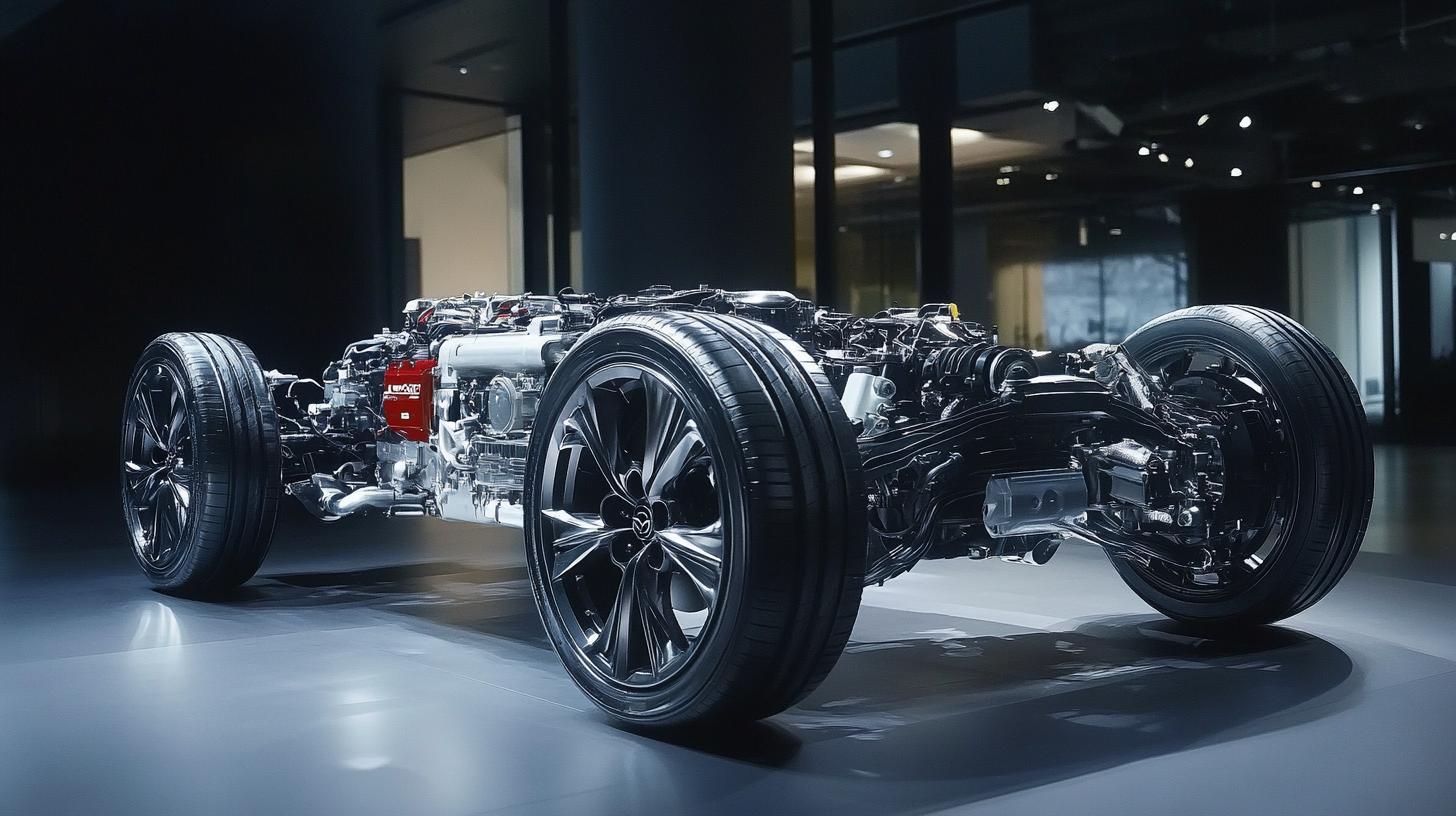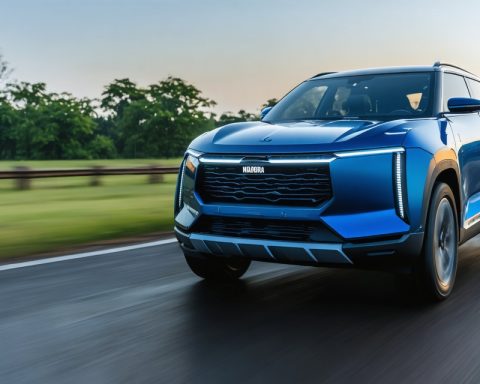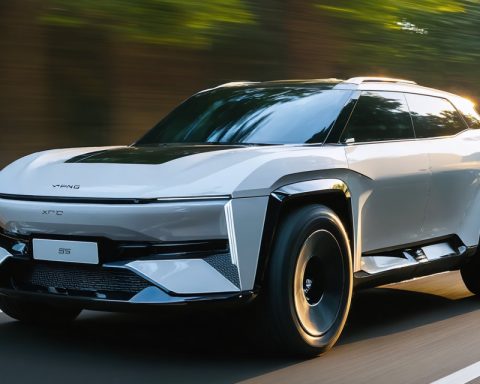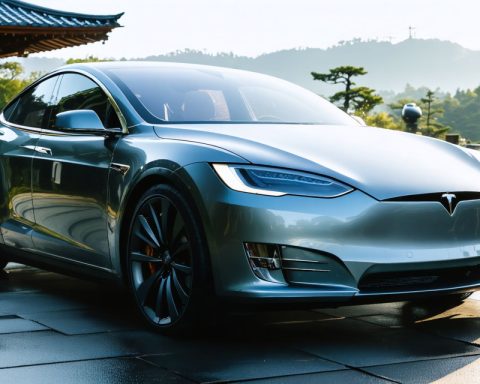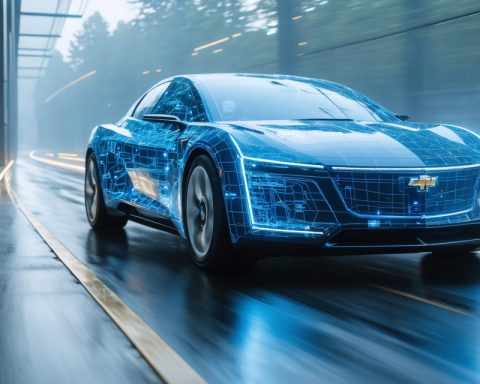In a groundbreaking move toward sustainable energy in the automotive industry, Mazda has unveiled a new kind of rotary engine that could redefine clean transportation options. Departing from traditional fuels and even hydrogen, this innovative engine incorporates hybrid electric technology, placing it as a formidable contender in the quest for greener solutions.
Mazda’s legacy with rotary engines dates back to the 1960s, but as environmental concerns grew, their impact on climate change led to a decline in usage. Now, Mazda has taken a bold step forward by integrating the compact and efficient rotary engine into a hybrid system. This approach preserves the benefits of the rotary design while significantly reducing emissions.
Decades ago, Mazda experimented with hydrogen in rotary engines, introducing concepts like the HR-X in 1991. These early models were part of Mazda’s efforts to maximize engine efficiency using alternative fuels, with the HR-X2 following in 1993. While innovative, these hydrogen-powered engines still faced limitations that modern advancements now aim to overcome.
The latest rotary engine by Mazda operates without reliance on fossil fuels or hydrogen. Known for its compactness and high rpm capability, the engine employs direct fuel injection alongside lightweight materials, enhancing both performance and eco-friendliness.
This development presents a viable and potentially disruptive alternative to hydrogen fuel cells, which have been heralded as a zero-emission solution yet face challenges in infrastructure and cost. Mazda’s hybrid rotary engine leverages existing electric vehicle frameworks, offering a more accessible and affordable route toward sustainable automotive technology.
The Impact of Mazda’s Hybrid Rotary Engine on Society and the Environment
The recent unveiling of Mazda’s innovative hybrid rotary engine marks a pivotal moment in the field of sustainable automotive technology. This breakthrough has the potential to significantly impact individuals, communities, and nations, as it offers an alternative to conventional and hydrogen fuel-powered vehicles.
Impact on Individuals
For car enthusiasts and environmentally conscious consumers, Mazda’s new technology provides an exciting opportunity to embrace green driving without compromising on performance. The rotary engine’s compact size and high rpm capability make it an ideal choice for those who value efficiency and power. Additionally, this move allows drivers to reduce their carbon footprint more effectively than with traditional gasoline engines.
Effects on Communities
Communities around the world stand to benefit from the reduction in emissions that this hybrid technology promises. Urban areas, in particular, could see improvements in air quality, potentially reducing health issues related to pollution. Furthermore, the integration of this technology into more accessible, affordable vehicles could expand the reach of eco-friendly transportation options, allowing more individuals, including those in lower-income communities, to participate in the green mobility shift.
National and Global Considerations
On a larger scale, countries may view Mazda’s innovation as a stepping stone toward meeting international climate goals. The hybrid rotary engine offers a more immediately deployable solution compared to the slower infrastructure development and higher costs associated with hydrogen fuel cells. Nations that integrate these vehicles into their transportation systems can make significant strides toward reducing their carbon emissions.
Interesting Facts and Controversies
Mazda’s dedication to the rotary engine is rooted in a rich history dating back to the 1960s, marked by various experiments with alternative fuels. Notably, their attempts to pioneer hydrogen rotary engines in the early 1990s saw the development of models like the HR-X and HR-X2, which were groundbreaking but ultimately limited by the technology of their time. Now, Mazda has overcome these barriers by focusing on hybridization—a concept that allows for greater energy efficiency.
One of the major controversies surrounding current zero-emission vehicles is the debate between the viability of hydrogen fuel cells versus hybrid electric solutions. While hydrogen is touted as a clean fuel, its widespread adoption is hindered by the need for new infrastructure and high costs. Mazda’s hybrid rotary engine, conversely, leverages existing electric vehicle infrastructure, positioning it as a practical alternative that could accelerate the transition to sustainable transport.
In closing, Mazda’s hybrid rotary engine holds promise for changing the landscape of automotive propulsion. Its successful implementation could pave the way for a cleaner, more sustainable era of transportation that benefits individuals, communities, and nations alike. For more insights into Mazda’s innovations and their impact, visit mazda.com.
